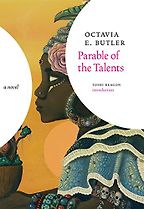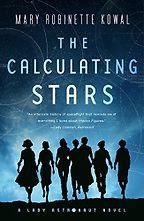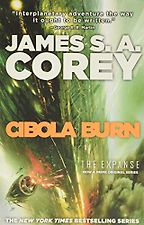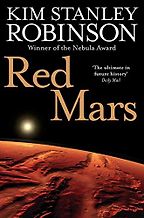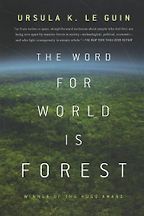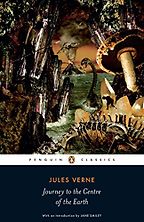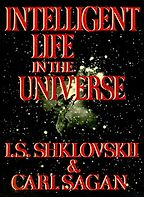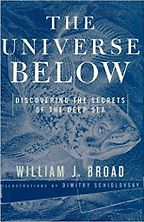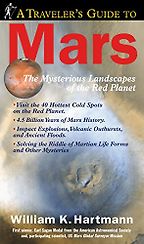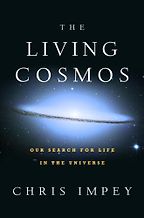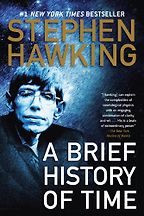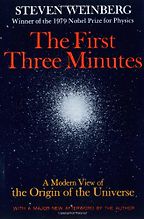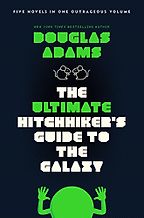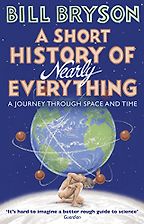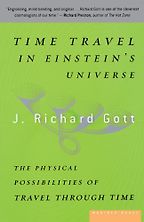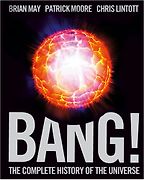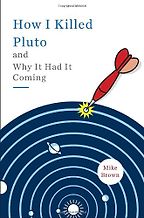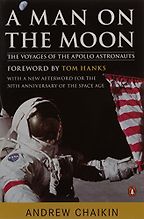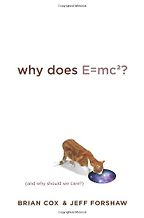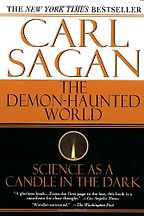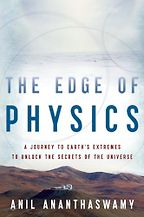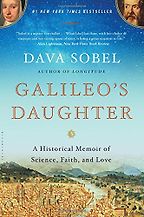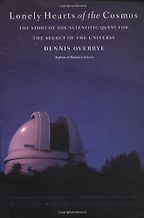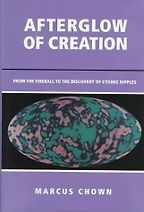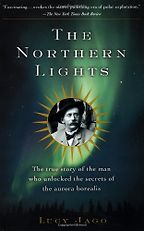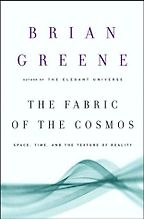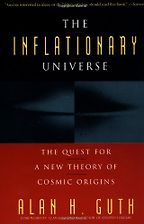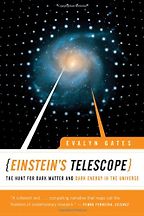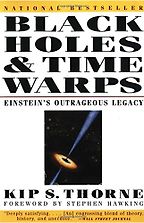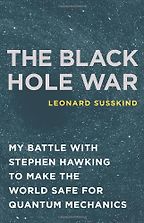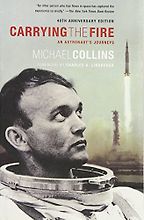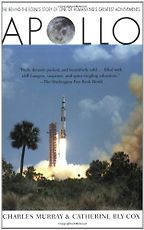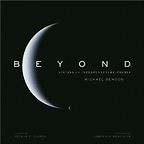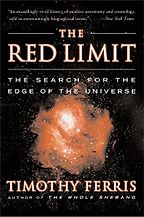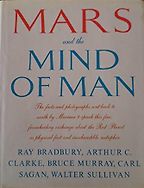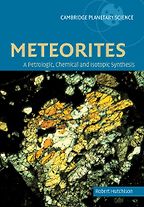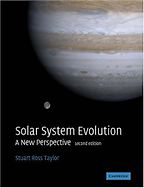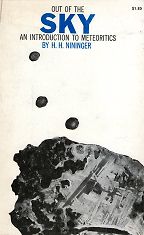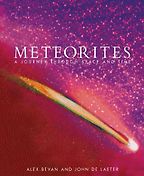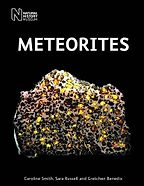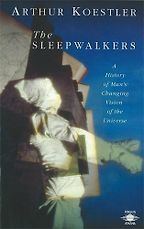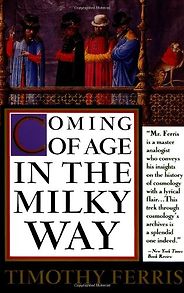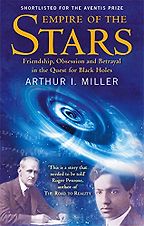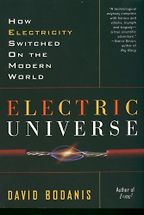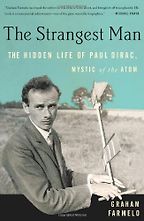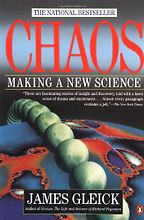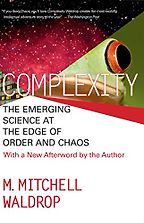The Solar System & Space
Last updated: February 16, 2025
The size and complexity of the solar system are mind-boggling to astrophysicists, let alone the average layperson, but here, experts recommend books that will help you try to get to grips with space and the solar system—the bookworm’s guide to the galaxy, rather than the hitchhiker’s (although some of our experts do recommend Douglas Adams, too.)
Astronomer Philip Plait chooses his best books on the wonders of the universe, and explains the difference between an astronomer and an astrophysicist. Stuart Clark chooses his best books on astronomers, talking about how astronomers think about unexplained phenomena, such as the way in which all the galaxies in the universe seem to be rotating faster than we would expect them to. Sean M Carroll, a theoretical physicist at Caltech chooses his best books on cosmology, as does David Goldberg, a theoretical cosmologist at Drexel University in Philadelphia.
Author and science journalist Andrew Chaikin chooses his best books on space exploration. Caroline Smith chooses her best books on meteorites, Richard Cohen his best on the sun and Pedro G Ferreira discusses the universe. James Kasting talks about life beyond the Earth and Princeton Professor of Geosciences Tullis Onstott talks about life below the surface of the Earth —particularly what life below Earth's surface might be able to tell us about life beyond the Earth.
For our best books on the moon landings click here.
The Best Sci Fi Books on Space Settlement, recommended by Erika Nesvold
We look to the stars and imagine a new home for humanity, an escape from the troubles that plague us here on Earth, but as astrophysicist Erika Nesvold points out, many of our problems will join us on our voyage. Here, she selects five science fiction books that illuminate the challenges and possible conflicts we’ll face if we head for this new frontier.
The best books on Life Below the Surface of the Earth, recommended by Tullis Onstott
The ‘subterranaut’ describes how the discovery of ancient bacteria miles beneath the Earth’s surface opens the possibility of finding life on Mars. He picks five books that show how our knowledge of life deep in this planet could lead us to discover it elsewhere.
The best books on Cosmology, recommended by David Goldberg
David Goldberg, professor of physics at Drexel University, recommends the best books to start learning about cosmology. He explains his choices to high school student, Eric Bolton.
Books on the Wonders of The Universe, recommended by Philip Plait
Philip Plait urges us to remember that “science isn’t an encyclopedia of facts to memorise. It’s alive.” The astronomer and author of the acclaimed Bad Astronomy blog discusses books that can’t help but light the fire of interest in all things astronomical. He looks at how we can date the age of the universe, the danger of solar flares, and why Pluto is no longer classed as a planet.
The best books on Astronomers, recommended by Stuart Clark
Can’t tell your nebula from your black hole? The New Scientist writer introduces us to some of the wonders of the universe and tells the stories of astronomers who discovered them
The best books on Cosmology, recommended by Sean M Carroll
Theoretical cosmologist Sean Carroll recommends five books about space, time and the universe that even the science-shy can understand and enjoy
The best books on Space Exploration, recommended by Andrew Chaikin
Space historian Andrew Chaikin tells us about five books that capture the thrill and achievement of our venturing into the great beyond. He picks the best books on space exploration.
The best books on Meteorites, recommended by Caroline Smith
One of the Natural History Museum’s experts in meteoritics, Dr Caroline Smith says the meteorites that land on earth predate our planet by about 150 million years and it’s not surprising that they land here
The best books on The Sun, recommended by Richard Cohen
It makes us feel sexy, it makes us feel healthy and it can even make us feel more inspired. No wonder we’re in thrall to the power of the sun, says Richard Cohen
The best books on The Universe, recommended by Pedro G Ferreira
The Professor of Astro-Physics at Oxford University selects five seminal books on the workings of the universe. Explains that to appreciate the true beauty of science is to understand its simplicity and universality
